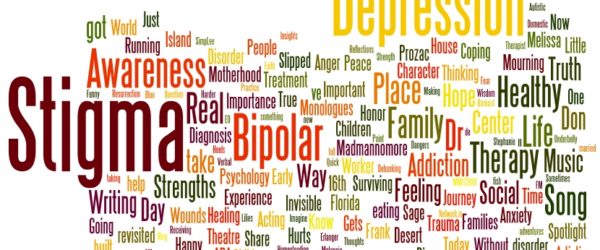Why do I feel tired all the time?

It may be easy to understand what causes tiredness; it could be because a person is not getting enough sleep due to lots of late nights, or working too hard, among others. However, unexplained tiredness is one of the most common reasons people see their GP because feeling tired or exhausted for a long time is not normal and can seriously affect the way we live and enjoy our lives. There are various reasons for why someone may constantly feel tired, and these reasons may be psychological or physical, or could even be due to a person’s lifestyle. Finding out the cause is the first step towards making changes and combatting it.
There are some health conditions that can make a person feel tired or exhausted, such as sleep apnoea, where breathing stops and starts while sleeping; iron deficiency anaemia, which is caused by a lack of iron; and an underactive thyroid, which is where the thyroid gland does not produce enough hormones. If anyone has felt constantly tired for more than four weeks, it is advised that they see a GP to allow them to rule out a medical condition being the cause of the tiredness.
Other physical reasons for being tired could be due to a person being underweight or overweight. When a person is underweight, poor muscle strength can make them feel tired more easily, and being overweight or obese makes a person’s body work harder in order to carry out everyday activities, which makes them feel tired. Among other reasons, tiredness can also be caused by being pregnant, especially in the first twelve weeks; undergoing cancer treatments such as chemotherapy and radiotherapy; taking medicines and some herbal remedies which can cause side effects; and from having carbon monoxide poisoning.
Tiredness being caused by psychological reasons are far more common than physical causes, and these reasons often lead to insomnia or poor sleep, which in turn makes people feel tired in the daytime. Psychological causes of tiredness include; stress, which can cause people to worry; emotional shock such as a relationship breakdown, being made redundant, or experiencing a bereavement can cause tiredness; having depression makes people feel low, sad, lack energy and wake up feeling tired; and having anxiety can cause people to feel tired along with feeling worried and irritable.
Feeling constantly tried isn’t always due to physical or psychological reasons, and instead can be due to lifestyle causes. Such causes could be exercising too much or too little; drinking too much alcohol, which is more than the guideline of fourteen units a week for men and women, as it affects the quality of sleep; drinking too much caffeine, as it is a stimulant and can end up making a person feel more wound-up as well as being tired; working night shifts, especially if shift times often change; and napping during the day, as it can affect the ability of getting a good night’s sleep.
Whatever the underlying reason for feeling tired all the time, it should not be ignored due to the huge impact it has on a person’s life. I think that looking at our lives and working out if anything can be changed to enable us to sleep more, or have better quality sleep, is the first thing to do. If changes don’t work or if there isn’t anything to change, then seeing a GP is the next thing to do, especially if constant tiredness continues for more than four weeks. There are many reasons for why people may feel tired all the time, and because of the huge impact it has on our everyday life, should be looked into as soon as possible.
Sarah Keeping MBPsS MSc PgDip GDip BA (Hons) Cert HE
Follow Sarah on twitter at @keepingapproach, facebook at @keepingapproach, and on instagram at @thekeepingapproach
Follow E-therapy on social media:
Facebook – @Etherapy
Instagram – @EtherapyToday
Twitter – @EtherapyToday
References
https://www.nhs.uk/live-well/sleep-and-tiredness/
https://www.nhs.uk/conditions/sleep-apnoea/
https://www.nhs.uk/conditions/iron-deficiency-anaemia/
https://www.nhs.uk/conditions/underactive-thyroid-hypothyroidism/



